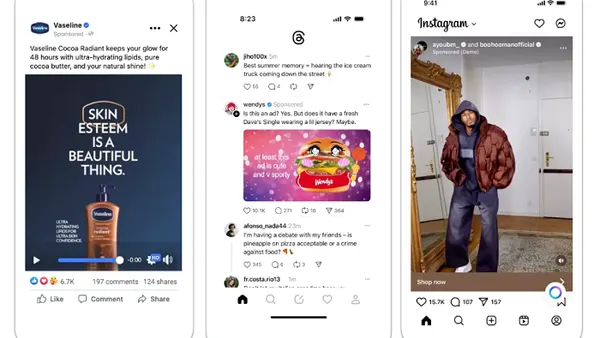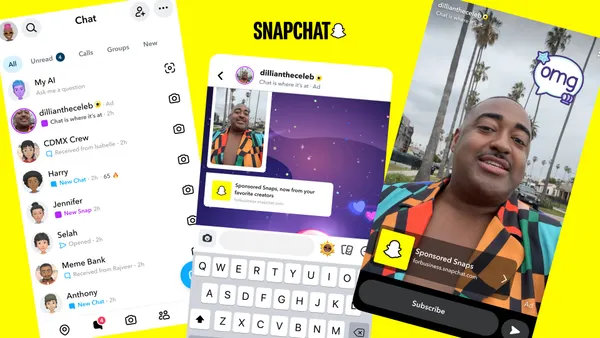Brief:
- Amazon is buying Ring, a maker of smart doorbells, to help the e-commerce giant expand its home security and in-house delivery services, according to Geekwire. Financial terms of the deal weren't disclosed, but Reuters reported that Amazon spent more than $1 billion to acquire the startup, which had received a previous investment from Amazon's Alexa Fund that supports voice-enabled technologies, per CNBC.
- Ring makes WiFi-enabled doorbells equipped with cameras to detect when someone is at the door. The smart doorbell contacts a homeowner's smartphone or tablet, even when the person is away from home, through an app that lets them see and talk to the visitor. Amazon is expected to keep Ring as an independent business, as it has with acquisitions like Zappos and Twitch, Geekwire said.
- As Amazon seeks to build out technologies that interact with its voice assistant Alexa, there are signs that Google is gaining a greater share of the smart speaker market with its Google Home devices. Google boosted its market share to 36% in Q4 2017 from 8.7% a year earlier, while Amazon fell to 52% from 88%, according to Strategy Analytics. The total market for smart speakers grew 300% to 32 million units in 2017.
Insight:
Amazon's acquisition of Ring is part of the company's broader strategy to make its Alexa digital assistant a central feature of people's homes, helping them to shop, run appliances, request music and video on demand, organize their day and manage their household. The company had first-mover status with its Echo smart speakers that run Alexa, but Google has aggressively captured significant market share with the rollout of Google Home devices.
The competition between the two tech giants is heating up with the Ring acquisition, especially considering that Google acquired Nest to develop similar smart-home devices that interact with its platform. But that acquisition has so far been a bit of a disappoint for Google, according to CNBC. Meanwhile, Amazon can afford to sell its Echo devices at a loss because they act as a gateway to its e-commerce platform, Prime memberships and other money-making services by Amazon.
Amazon and Google combined held 88% of the smart speaker market in Q4 2017, with Alibaba, Sonos, Harman Kardon/JBL and others dividing the remaining share, per Strategy Analytics. It remains to be seen how the entry of Apple's HomePod, a high-end speaker that runs the Siri assistant and is designed for streaming music, will change the dynamics of the rapidly growing market for voice-enabled devices. The quadrupling in product shipments suggest that there is plenty of market share to go around as consumer demand for the products continues to rise.
The Ring acquisition follows Amazon's previous moves to get into the home security market as part of a strategy to provide in-home product delivery that could cut down on package thefts and ease deliveries of groceries or perishable items. The e-commerce giant previously partnered with lock makers Kwikset and Yale to develop Amazon Key, a service to provide keyless entry and monitoring services for homes. In December, Amazon bought Blink, a maker of mobile-connected cameras and doorbells similar to Ring, according to the Verge, signaling that it's buying out competitors for their resources in its quest to become the leader in smart home technology.











